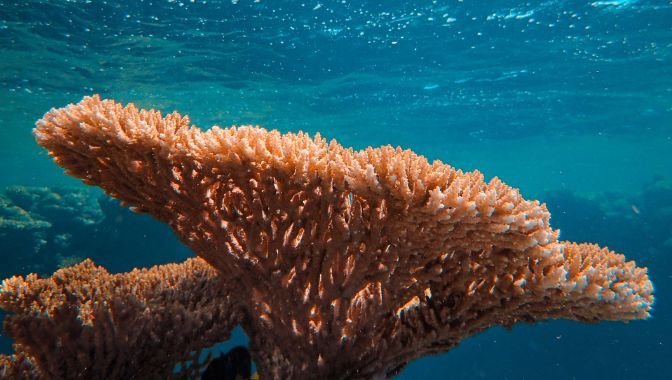Global warming is accelerating faster than anticipated, and scientists now warn that earth heating too fast has already started pushing the planet beyond critical climate tipping points. According to the Global Tipping Points report, released by a team of over 160 international researchers, Earth’s coral reefs have entered an almost irreversible stage of die-off, marking what experts describe as the first major tipping point of climate-driven ecosystem collapse.
Global Scientists Raise Alarming Concerns
The study, published just weeks ahead of COP30, the global climate summit to be held near the Amazon rainforest in Brazil, presents an urgent call to action. It highlights that the interconnected systems supporting life on Earth — from oceans to rainforests — are reaching points of no return far sooner than predicted.
One of the most concerning findings is that the Amazon rainforest, often called the “lungs of the planet,” is nearing collapse due to continuous deforestation and rising temperatures. The report warns that the threshold for irreversible change could occur once global temperatures increase by just 1.5°C, a limit once believed to be relatively safe.
The Collapse of Coral Reefs and Ocean Currents
Coral reefs, vital to marine biodiversity and coastal protection, are already undergoing severe bleaching events. Scientists now say many reef systems may never recover, even if global temperatures stabilize.
Also read Glamour and Grace Take Over the 10th Hum Awards 2025 Red Carpet
In addition, the Atlantic Meridional Overturning Circulation (AMOC) — a powerful ocean current that regulates weather patterns and ensures milder winters in northern Europe — is showing signs of potential slowdown or collapse. This could have catastrophic effects on global weather systems, including harsher winters, stronger storms, and disrupted rainfall patterns.
“Change Is Happening Fast Now”
Environmental scientist Tim Lenton from the University of Exeter, who led the study, emphasized the rapid pace of these shifts.
“Change is happening fast now, tragically, in parts of the climate and the biosphere,” he said, underscoring that immediate global action is the only way to prevent widespread ecosystem collapse.
As world leaders prepare to gather at COP30, the findings add renewed urgency to global climate commitments. The message is clear — the planet’s most vital systems are under severe strain, and the window to reverse the damage is rapidly closing.











